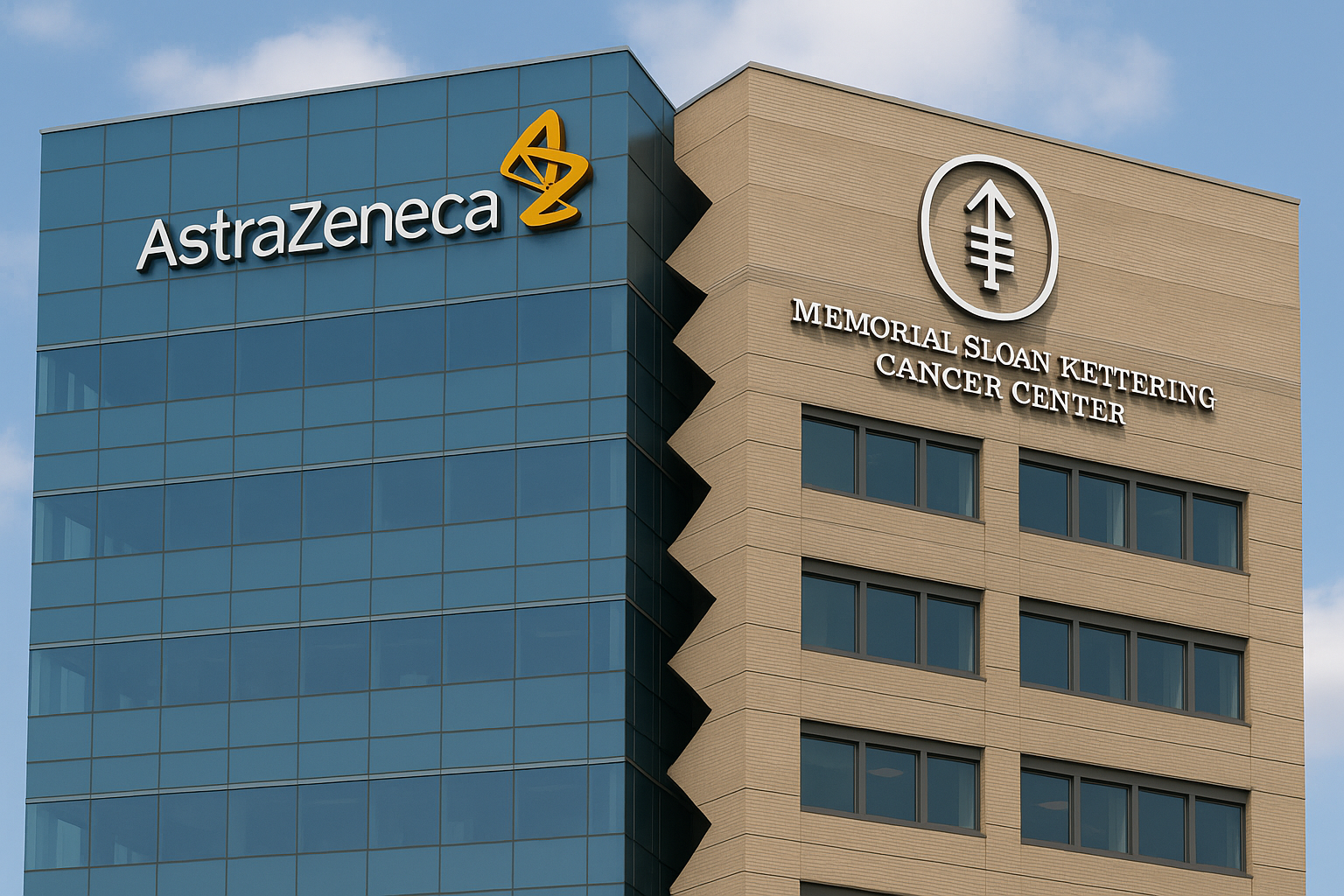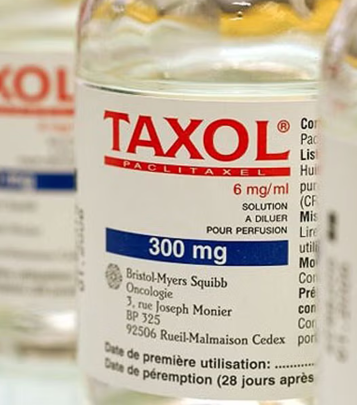Cancer research is a team effort. No single laboratory has all the expertise, technology, or funding required to turn an early scientific discovery into a real treatment. This is why collaboration between universities and pharmaceutical companies has become essential for progress in oncology.
Academic scientists often provide the first spark: they study how cancer cells grow, how they resist treatments, and which molecular pathways could be targeted. Pharmaceutical companies like AstraZeneca bring the resources and experience needed to transform these ideas into medicines, test them in large clinical trials, and obtain regulatory approval.
A strong example of this collaboration comes from AstraZeneca’s partnerships with major cancer centers worldwide. One important achievement emerged from the company’s work with Memorial Sloan Kettering Cancer Center in New York. By analyzing data from the MSK‑IMPACT database, genetic information from about 7,000 cancer patients, researchers were able to better understand why some ER+ (estrogen‑receptor positive) breast cancers, meaning tumors that grow in response to estrogen, eventually become resistant to hormonal therapy. This resistance is a major challenge in breast cancer care, and the shared analysis led to new insights that could inspire future treatments.
Another example involves work with the Vall d’Hebron Institute of Oncology (VHIO) in Barcelona. Researchers there studied RAD51, a biomarker, a biological indicator used to predict how a tumor will behave. They found that high levels of RAD51 may signal that a tumor will be resistant to certain therapies that target DNA repair processes. This helps doctors avoid ineffective treatments and choose better options from the start.
These advances ultimately shape patient care: they improve treatment selection, reduce unnecessary side effects, and speed up the development of safer and more effective therapies.
Many of today’s standard cancer treatments, from targeted therapies to immunotherapy, were born from collaborations like these. And as partnerships continue to grow, cancer care will become increasingly precise, personalized, and hopeful.




